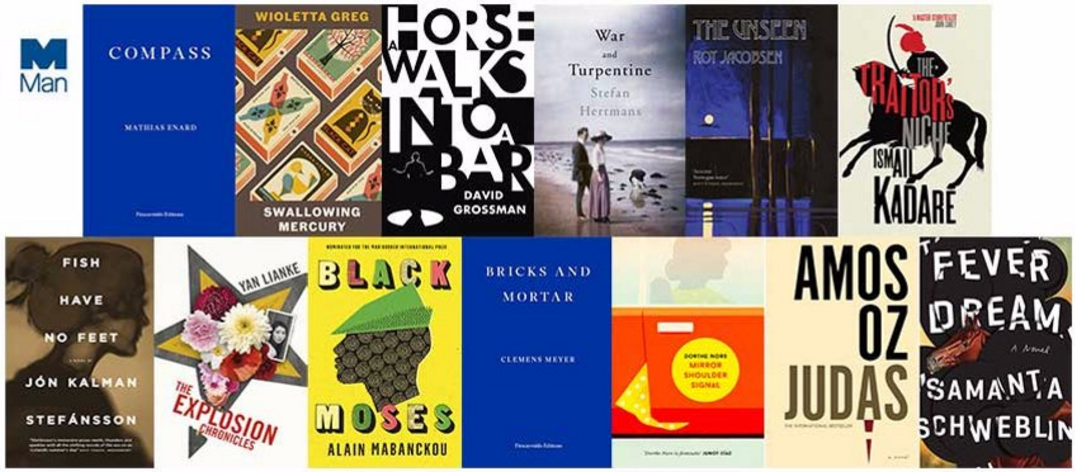 Title: The Lover (Goodreads)
Title: The Lover (Goodreads)
Author: Marguerite Duras
Translator: Barbara Bray
Published: Pantheon, 1984
Pages: 117
Genres: Classic
My Copy: Paperback
Buy: Amazon, Book Depository, Kindle (or visit your local Indie bookstore)
Marguerite Duras is best known for her novel L’Amant (The Lover), which was published in 1984 and won the Prix Goncourt for that year. Set in the colony of French Indochina (now known as Vietnam) during the 1920s, the novel explores the salacious love affair between a fifteen-and-a-half year-old French girl and a wealthy Chinese man. What makes this a literary masterpiece is the exploration into desire (and colonialism) and the experimental style that Duras adopted for this novel.
The narrative devices adopted in L’Amant allows Marguerite Duras to tell an autobiographical story while offering a form of self-reflection and way to analyse her own feelings. To do this Duras often switches perspective from first person to third person as well as switching from a current point in the story to a flashback. For me the effects of these literary devices offered an ideal contemplation into the emotions Marguerite must have been going through and also providing a meditation into the art of writing.
The Lover was published when Marguerite Duras was seventy, fifty-five years after she met Léo while traveling by ferry across the Mekong Delta from her home in the town of Sa Đéc, to her boarding school in Saigon. The depiction of love was so masterfully done in the novel, I knew exactly how Duras was feeling. The whole idea of a first love and then reflecting back on it many years later only to find that what you thought was a great love was merely an infatuation. I think this was what brought The Lover together and what stuck with me the most.
Since it is a love affair between a young French girl and an older Chinese man in Saigon, I think we need to talk about colonialism when reflecting on L’Amant. You can see the disapproving opinions playing out from her widowed mother but it was the wealthy father who had the biggest impact on the Chinese businessman’s relationship. I had thought that class struggle and colonialism would have played a bigger part in a book like this but I feel that Marguerite Duras handled the idea well with just how the characters interacted with each other.
I was thrilled by The Lover and the passionate love affair in this novel. Though I have to say it was Marguerite Duras skilful use of narrative devices that really made this a new favourite. I want to dip in and out of this book and I have only just finished it. I was even tempted to carry this novel around, just so I can read a passage or two while I had a spare moment. You may notice that I have been reading a decent amount of French literature lately and it is because of novels like this that I am currently obsessed. I hope to one day have the necessary skills to read L’Amant in French; I have been practising the language just for novels like this.

 Title: War and Turpentine (
Title: War and Turpentine (
 Title: Apocalypse Baby (
Title: Apocalypse Baby (